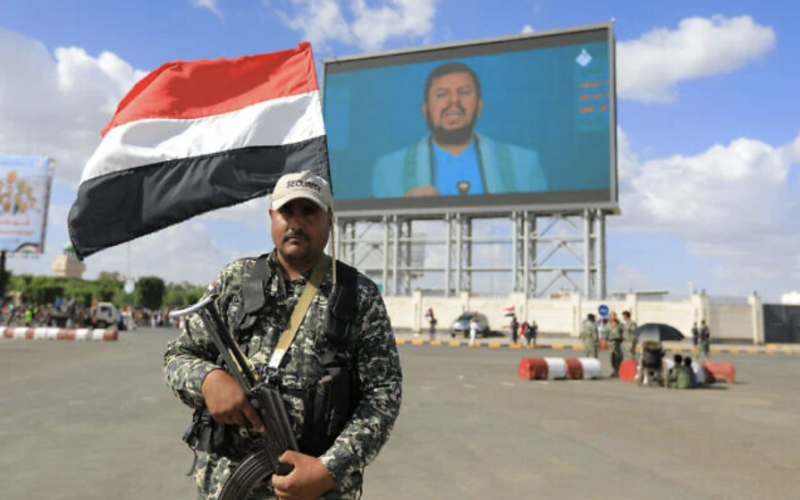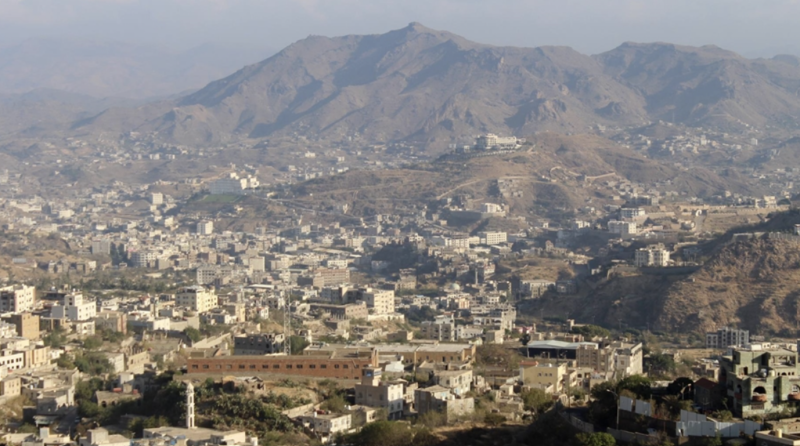U.S., U.N. Push to Extend Expiring Cease-Fire in Yemen


What Happened: U.S. special envoy for Yemen Tim Lenderking will travel to the Middle East to support a U.N.-mediated cease-fire in Yemen that is due to expire on Aug. 2, Reuters reported July 25.
Why It Matters: With commodity prices high, Yemen's warring actors have an incentive to avoid fighting so humanitarian supplies can reach civilians on both sides of the frontlines, especially as Yemen's civil war and its accompanying humanitarian crisis have seen aid reductions in the wake of the COVID-19 pandemic and the Russia-Ukraine war. However, distrust between the Saudi-led coalition that backs Yemen's federal government and Yemen's Houthi rebels remains high, and the Houthis could gamble on an offensive around the city of Marib again if they believe military factors are in their favor; the Saudi-led coalition would likely escalate its military operations in response to such an offensive, which would unravel the cease-fire. In this scenario, the Houthis would likely resume their campaign to attack Saudis and Emiratis abroad, including by implementing missile and drone strikes against Saudi Arabia, the United Arab Emirates, and maritime targets in the Red Sea and the Gulf of Aden.
Background: Saudi Arabia has allowed flights to resume to Yemen's capital of Sanaa and resumed fuel shipments to Yemen's port of Hodeida, while Yemen's Houthi rebels have eased their sieges of Yemen's Taiz and Marib cities. Saudi Arabia has also held off on airstrikes across Houthi-held territory, resulting in the least violence Yemen has seen since its civil war began in 2015.

Sana'a -- The leader of Yemen’s Houthi rebels warned that any Israeli presence in Somaliland would be considered a “military target,&rd…

Aden -- Yemen’s Southern Transitional Council (STC) said that it is getting closer to declaring an independent state in the south. &l…

Hadramout – The Southern Transitional Council (STC) forces announced Sunday the discovery and seizure of an illegal, makeshift oil refinery h…